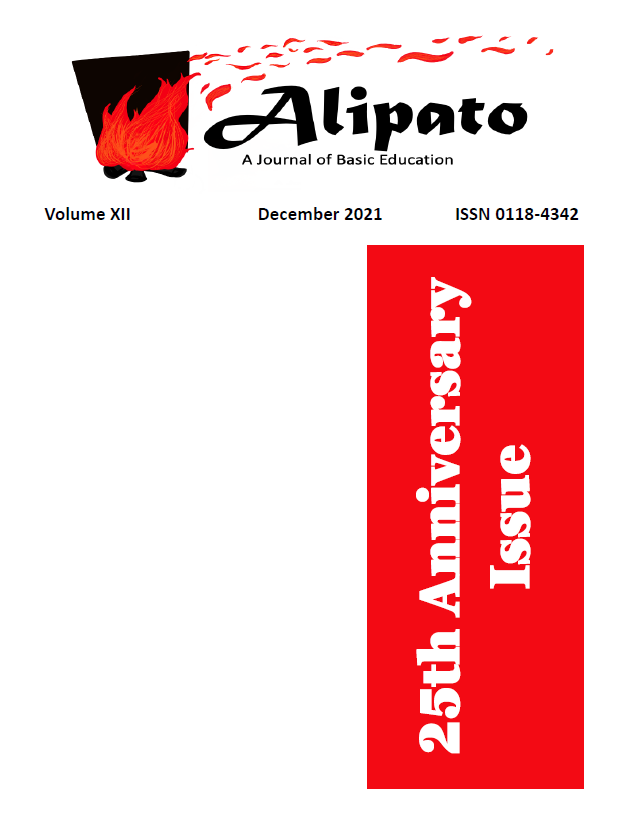Effects of Sustained Silent Reading on Elementary Students’ L1, L2, and L3 Reading Skills
Abstract
There is limited research on multilingual reading. This quasi-experimental study examined the effects of sustained silent reading (SSR) in the L2 and L3 on L1, L2, and L3 word reading fluency and reading comprehension. It involved 122 Grades 4 to 6 Kapampangan(L1)-Filipino(L2)-English (L3)
multilingual children in two public schools in a resettlement site in Pampanga. Sixty-four students in one school formed the experimental group while 58 students in another school composed the comparison group. The measures used were a combination of standardized and researcher-constructed tests. The experimental group underwent an SSR program for 42 sessions (15-20 minutes/day, five (5) days/week, total of 14 hours) over three months. The program used 123 storybooks in Filipino (monolingual and with English translation) and English (monolingual and with Filipino translation). After the program, the experimental group’s word reading fluency in all three languages improved, while reading comprehension improved in the L2 and L3, but not in the L1. Findings are explained using the linked languages model, cognitive-retroactive transfer hypothesis, and script-dependent hypothesis. Overall, results suggest that reading practice can improve reading skills, and that reading skills can transfer retroactively. Reading habit in any language can enhance reading skills in all the multilingual child’s languages.
Keywords: word reading fluency, reading comprehension, multilingual, sustained silent reading, cross-language transfer


